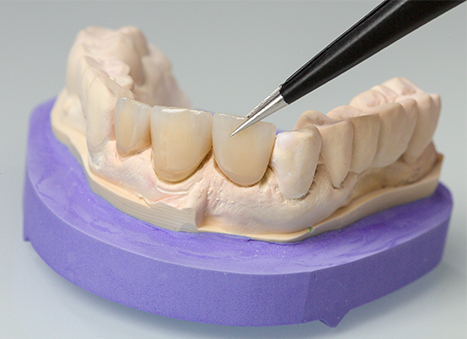Overtreatment or overtreatment
- December 28, 2024
At Portugal Dental, we believe that procedures performed without clinical necessity or those that go beyond what is required to treat the actual problem constitute poor clinical practice. This can lead to unnecessary costs, discomfort, and even potential complications for the patient!
An example of poor clinical practice is performing aesthetic treatment on all teeth.
There is no need to intervene on teeth that do not appear in the smile.

Consequences of overtreatment:
Increased risks: Every medical or dental procedure carries some level of risk. Unnecessary treatments may expose patients to complications, side effects, or infections that could have been avoided.
Higher costs: Overtreatment results in additional financial expenses for both the patient and the healthcare system, without any real clinical benefit.
Psychological and emotional impact: Patients may experience anxiety, discomfort, or regret after undergoing treatments that were not necessary. Additionally, trust in the healthcare professional may be affected if the patient feels the treatment was "overdone."
Resistance to treatment: In some cases, overtreatment can lead to increased skepticism or distrust from patients, making them hesitant about future medical recommendations.

